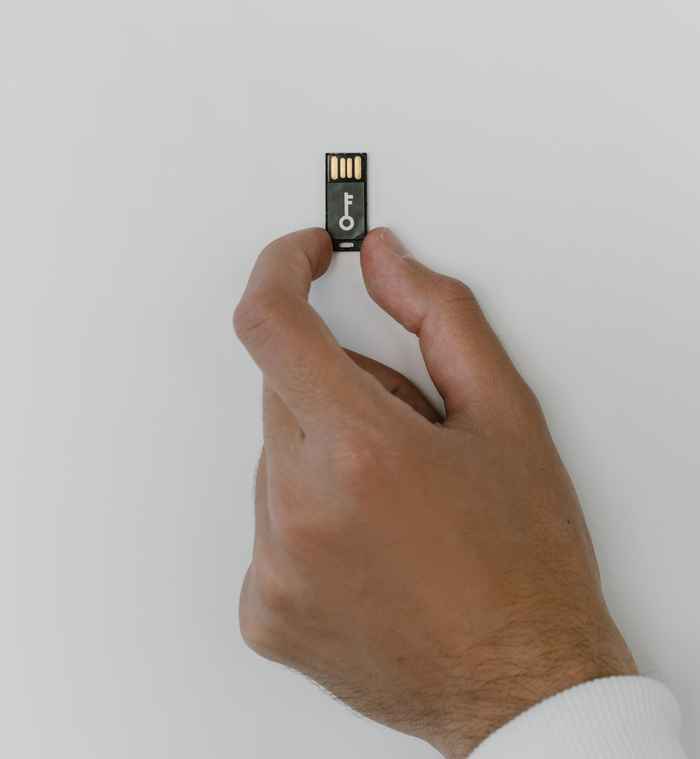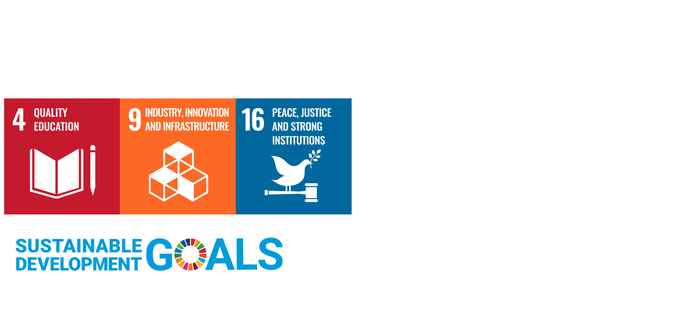Digital Warfare: The Future of Cyberthreats in the Twenty-first Century
How does hacking and influencing work out in cyberspace? How has Stuxnet - the world's first cyberweapon - changed the way of warfare? What are the psychological effects of having an invisible enemy, and what are future developments?

Digital communication is deeply woven into our society, ranging from “tikkies” and other financial services to the operations of our healthcare system. Increasing dependence on the Internet's functioning, however, comes with vulnerabilities.
Even the smallest failures have an impact on our world's economic, political, and social stability. Hacking and digital influencing are now common practices. Therefore, numerous states have started to develop cyber security frameworks, including military responses to possible cyber-attacks.
Instead of workouts in the mud, soldiers of the future are trained to fight in the depths of cyberspace.
The core lectures are given by brigadier-general prof. dr. Ducheine (military lawyer, specialised in Cyber Warfare), complemented by academics with different backgrounds from the University of Amsterdam.
To give you an insight into the reality of fighting cyber threats, a case study on hacking EncroChat and PGP networks is provided by teachers from the Dutch armed forces and police.
Coordinator
Prof. dr. P.A.L. (Paul) Ducheine.
Timetable
You can find the timetable on Datanose.
Entry requirements
Open to second-year and third-year UvA Bachelor's students only.
Registration
UvA Bachelor's students can register from 4 to 11 December 2023 in the GLASS registration rounds. Master’s students can send a short motivation to keuzeonderwijs-iis@uva.nl.
Other interested parties such as ‘Bijvak’ students, contract students and Uva Staff members can register until two weeks prior to the start of the course, by completing the online registration form..
If you have any trouble while registering, please contact us at keuzeonderwijs-iis@uva.nl.
Costs
Prices can be found on the IIS website.
SDGs in education
The IIS strives to reflect current societal issues and challenges in our elective courses, honours modules and degree programmes and attempts to integrate the following Sustainable Development Goals (SDGs) in this course. For more information about these goals, please visit the SDGs website.

- Mode
- Short-term
- Credits
- 6 ECTS,
- Language of instruction
- English
- Conditions for admission
- Open
- Starts in
- February